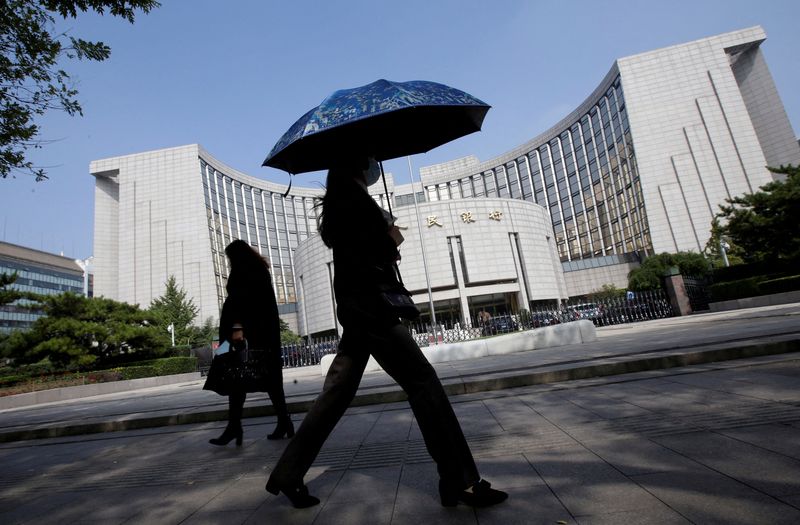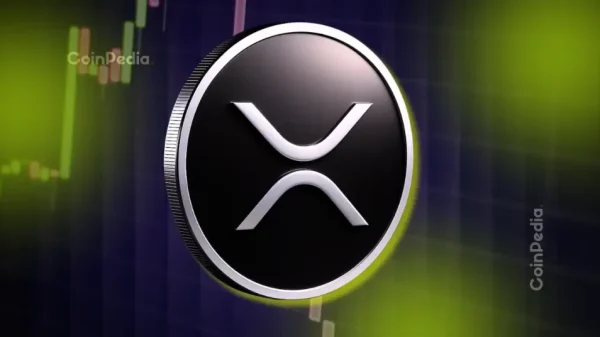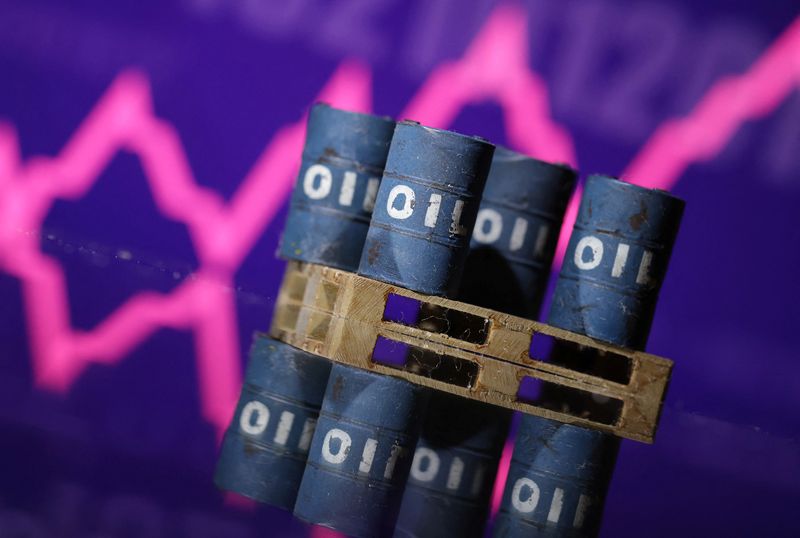
SHANGHAI (Reuters) – The Chinese central bank said on Monday it had bought 200 billion yuan ($28.52 billion) of the country’s government bonds in open-market operations in September.
China’s long-dated bond yields reversed sharply last week, after touching record lows, after the central bank and government authorities announced massive stimulus and other plans to revive a moribund economy.
The People’s Bank of China (PBOC) said the operation was to “strengthen counter-cyclical adjustment of monetary policy and keep banking system liquidity reasonably ample”.
The bank did not specify whether it bought or sold short-term or long-dated bonds as it did last month.
Until last week, China’s bond market had seen a prolonged record-breaking rally as banks and investors sought safer assets in a flailing economy. The central bank warned market participants for weeks about the inflated prices of bonds and sold long-dated bonds last month to cool a feverish market.
“Ultimately, the PBOC’s goal of maintaining an upward-sloping yield curve supports lower short-term yields to stimulate economic growth and higher long-term yields to encourage investment,” said Wei Li, multi-asset quant solutions portfolio manager at BNP Paribas (OTC:BNPQY) Asset Management.
Last week, China rolled out its most aggressive stimulus package since the pandemic, spurring record gains in the stock market. But bond prices dropped sharply.
“It’s possible that some funds may shift from bonds into equities, especially as market participants anticipate stronger growth prospects and higher returns from stocks. However, this shift may not be dramatic,” Li said.
“The key factor will be how sustainable and impactful these policy measures are in driving economic recovery and investor sentiment.”
Ten-year and 30-year bond yields have jumped 13 and 22 basis points, respectively, since Wednesday last week. The spread or gap between 1-year and 10-year bonds widened by 15 basis points, suggesting a steeper yield curve.
Assets of Chinese bond mutual funds dropped for the first time this year in August, to 6.55 trillion yuan, down 6% from the previous month, official data showed.
The swift reversal in yields suggests the PBOC could begin purchasing long-term bonds, a significant departure from its earlier actions.
The PBOC said in August that it bought short-dated bonds and sold long-dated bonds during the month, the first such disclosure in a new open market operation column.
($1 = 7.0120 Chinese yuan renminbi)

































